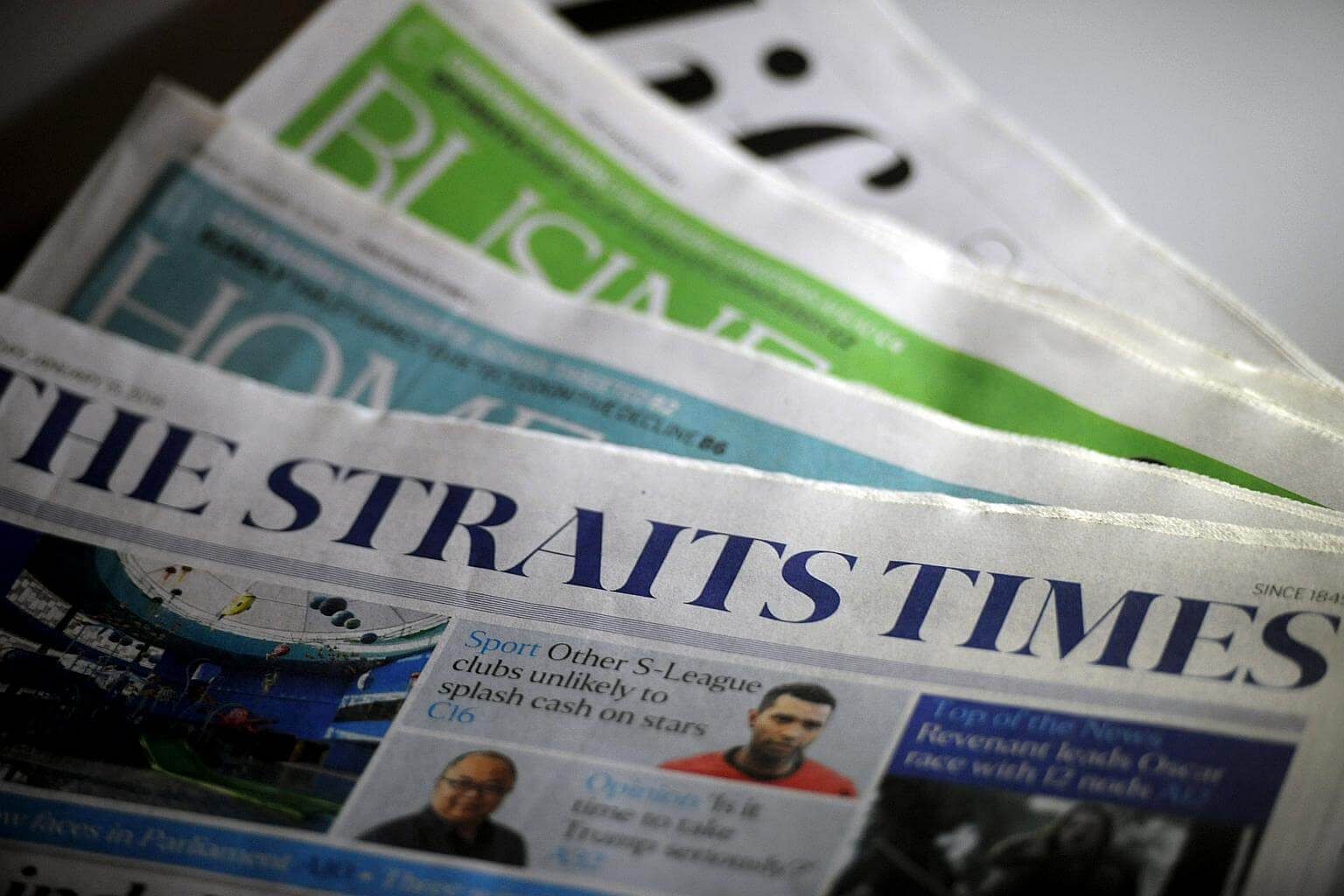79 suspected drug dealers killed in Indonesian crackdown
Sign up now: Get insights on Asia's fast-moving developments

Follow topic:
JAKARTA (THE JAKARTA POST/ASIA NEWS NETWORK) - Law enforcement officials shot and killed 79 suspected drug dealers this year, says Indonesia's National Drug Agency (BNN), as the country cracks down on its drug problem.
"We shot 79 even though we arrested 58,000. We have enough ammunition for 58,000, it's just that they still have some good luck," BNN chief Budi Waseso told reporters on Wednesday (Dec 27).
"We actually hoped that they would resist, so we could shoot them," he added jokingly. "But most of them immediately surrendered when we conducted the raids."
Of the 79 shot and killed, 69 were Indonesians and 10 were foreigners, according to BNN spokesperson Sulistiandriyatmoko. Fifty-five were shot by the police, while 24 were shot by BNN officers.
This is a drastic increase from the 14 drug suspects who were killed in 2016, according to data compiled by Human Rights Watch.
The rise comes amid increasingly tough rhetoric from national leaders about how to tackle Indonesia's drug problem.
Commissioner General Budi had previously praised Philippine President Rodrigo Duterte's brutal drug war.
Meanwhile Indonesia's national police chief Tito Karnavian said in July that his officers "would act firmly and tough, especially against foreign [drug dealers].
"I even told [officers] to act by custom, which means if they resist [arrest], shoot," he had said.
President Joko Widodo echoed General Tito's sentiment a day later, instructing law enforcement officers to be firm with drug dealers who resisted arrest. "Gun them down. Give no mercy," he said.
Amnesty International Indonesia researcher Bramantyo Basuki condemned Mr Joko's and Mr Tito's statements, saying they could be interpreted as an order to shoot people on sight.
"The effects of their statements are very real," he said. "They made the statements in July, and in August, 16 drug suspects were killed, which is the highest number of casualties in a single month, according to our data."
He added that Amnesty International had recorded 97 killings in 2017, of which 13 were citizens of Nigeria, Hong Kong, Malaysia, Taiwan, China and South Africa.
He said the policy of shooting drug dealers was counterproductive in light of the fact that Indonesia's parliament was deliberating on making the death penalty an alternative sentence that could be commuted to life imprisonment if the convict showed good behaviour.
Indonesia executed 14 drug dealers in 2015 and four in 2016, while 134 remain on death row. If none are put to death by year's end, 2017 will be the first year of Mr Joko's administration without a single execution.
Erasmus Napitupulu from the Institute for Criminal Justice Reform (ICJR) told the Post that tactics employed by the BNN and police were both administratively inappropriate and ineffective.
"For the use of firearms there is a national police chief decree that states that officers can only use their weapons if their lives or the lives of others are in immediate danger," he said. "Who can say for sure if these 79 shootings met those criteria?
"This style of war on drugs has been proven to be useless," he added. "You can see that from the results in countries such as Mexico, Colombia and Thailand."
If anything, he said, a violent crackdown could actually worsen the drug problem.
"If dealing becomes high risk, then the drug prices will rise, making Indonesia an attractive market. The big kingpins will risk the lives of their dealers and Indonesia will be flooded with drugs. What [law enforcers] are doing now is just Rambo-like stunts," said Mr Erasmus.
He added that the government had repeatedly failed to meet its own target in reducing the number of drug users and said they should look to countries like the Czech Republic and Portugal for successful strategies.
"Those countries have focused on reducing demand and giving medical access to drug addicts," he said.
Mr Budi himself has acknowledged the need for demand-side policies, saying that BNN's priority in 2018 would lean more towards demand suppression.
"We will conduct more outreach and education programs to mothers, because the role of the family is very important," he said.

